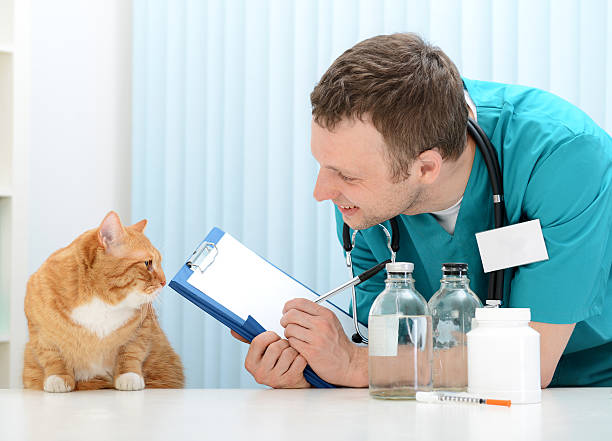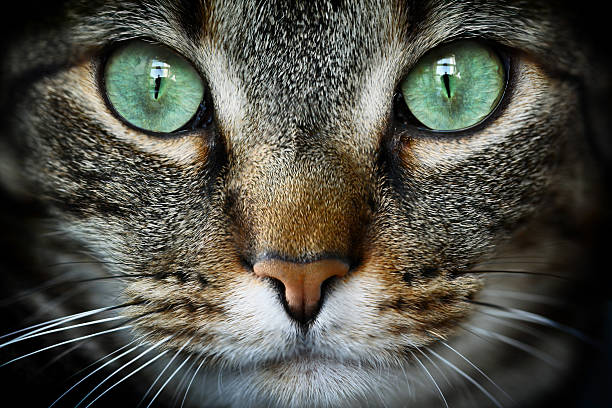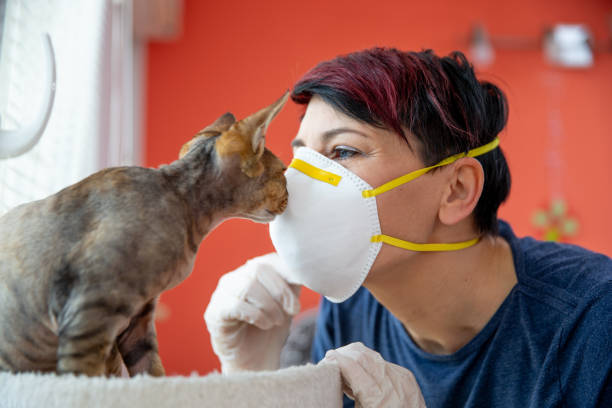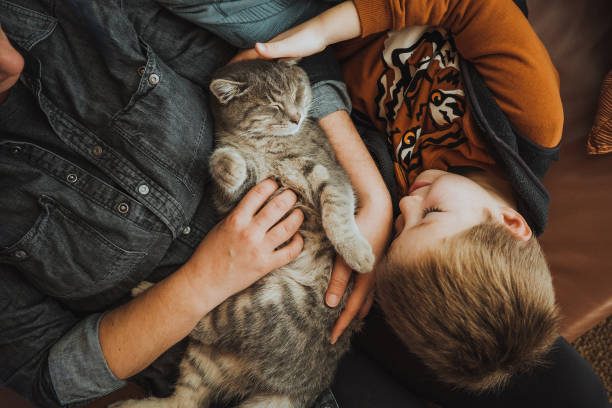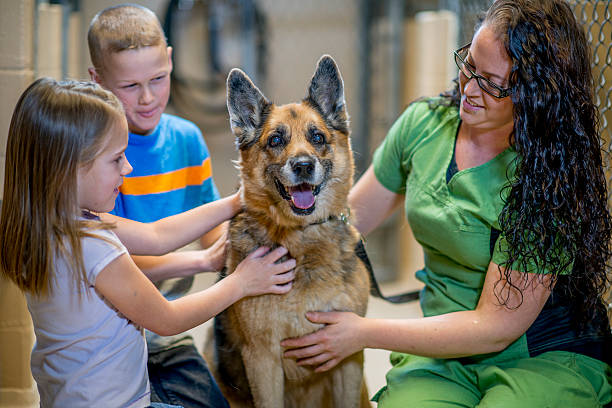Common Cat Health Issues: Symptoms and When to See a Vet
Introduction
Cats are known for being independent and resilient creatures, but they are also prone to a variety of health issues. As a cat owner, it’s important to be aware of common cat health problems and recognize the early signs of illness. In many cases, early detection can make a significant difference in your cat’s recovery. This post will guide you through the most common cat health issues, the symptoms you should be on the lookout for, and when it’s time to see a vet.
Table of Contents
Common Cat Health Issues
Here’s an overview of some of the most common health problems cats face, along with a brief explanation of each:
1. Feline Lower Urinary Tract Disease (FLUTD)
FLUTD refers to a group of conditions affecting a cat’s bladder and urethra. It can cause discomfort and difficulty when urinating, and in severe cases, it can be life-threatening.
2. Respiratory Infections
Just like humans, cats can catch colds and respiratory infections, often caused by viruses such as feline herpesvirus or calicivirus. Symptoms include sneezing, nasal discharge, and fever.
3. Dental Disease
Dental problems, such as gingivitis and periodontitis, are common in cats, especially as they age. Poor dental hygiene can lead to pain, tooth loss, and even infections that affect other organs.
4. Parasites
Fleas, ticks, and worms are common external and internal parasites that can affect your cat’s health. Parasites can cause discomfort, anemia, and digestive issues.
5. Kidney Disease
Chronic kidney disease is a common issue in older cats and can lead to a range of symptoms like weight loss, vomiting, and lethargy. This condition requires long-term management.
6. Obesity
Obesity is a growing problem among cats, leading to other health complications like diabetes, arthritis, and heart disease. Maintaining a healthy weight is crucial for your cat’s well-being.
7. Diabetes
Cats, especially those who are overweight, can develop diabetes. Symptoms include increased thirst, frequent urination, weight loss, and lethargy.
8. Hyperthyroidism
Hyperthyroidism is a condition where the thyroid gland becomes overactive, causing weight loss, increased appetite, and restlessness. It is common in older cats.
Symptoms to Watch Out For
Cats are masters at hiding their discomfort, so it’s essential to pay attention to any subtle changes in their behavior or appearance. Here are some symptoms that might indicate a health issue:
- Changes in Appetite or Weight: Sudden weight loss, weight gain, or a loss of appetite can be signs of underlying health problems.
- Lethargy or Decreased Activity: If your normally active cat becomes unusually lethargic, it could be a sign that something is wrong.
- Vomiting or Diarrhea: Occasional vomiting might not be a concern, but frequent vomiting or diarrhea should be addressed by a vet.
- Frequent Urination or Straining to Urinate: Difficulty urinating or excessive trips to the litter box could indicate a urinary tract infection or kidney issue.
- Coughing, Sneezing, or Breathing Problems: Persistent coughing, sneezing, or breathing difficulties could be symptoms of respiratory infections or allergies.
- Changes in Coat or Grooming Habits: A dull coat or excessive grooming (or lack of grooming) may indicate skin conditions, stress, or other health problems.
- Behavioral Changes: If your cat becomes more aggressive, hides more than usual, or seems anxious, it could be a sign of illness or pain.
- Bad Breath: Foul-smelling breath is often a sign of dental disease, which can lead to more severe health issues if not addressed.
When to See a Vet
Knowing when to take your cat to the vet can be tricky, but there are certain signs that should never be ignored. Here’s a list of situations that require immediate veterinary attention:
- Persistent Vomiting or Diarrhea: If your cat is vomiting or has diarrhea for more than 24 hours, it’s time to consult a vet.
- Difficulty Breathing: Labored breathing or excessive panting can indicate serious health issues like asthma, heart disease, or respiratory infections.
- Difficulty Urinating: Straining to urinate or blood in the urine is a medical emergency and requires immediate veterinary attention.
- Sudden Behavioral Changes: If your cat suddenly becomes aggressive, lethargic, or starts hiding excessively, it’s a good idea to have them checked out.
- Refusal to Eat or Drink: If your cat hasn’t eaten or drank water for more than 24 hours, it’s essential to seek veterinary care.
- Seizures or Collapse: Any signs of seizures or sudden collapse require urgent veterinary attention.
- Unexplained Weight Loss: Gradual weight loss is common in older cats, but sudden and unexplained weight loss could be a sign of an underlying health issue.
- Eye or Ear Issues: Discharge, redness, or swelling around the eyes or ears should be examined by a vet as they can be signs of infection.
Conclusion
Being aware of common cat health issues and the symptoms to watch for can help you take better care of your feline friend. Regular vet checkups and prompt attention to any unusual behaviors or symptoms can prevent minor issues from becoming major health problems. If you notice any worrying signs, don’t hesitate to contact your vet for advice or an examination. Your cat’s health is worth the attention, and early intervention is often the key to a long, healthy life.

